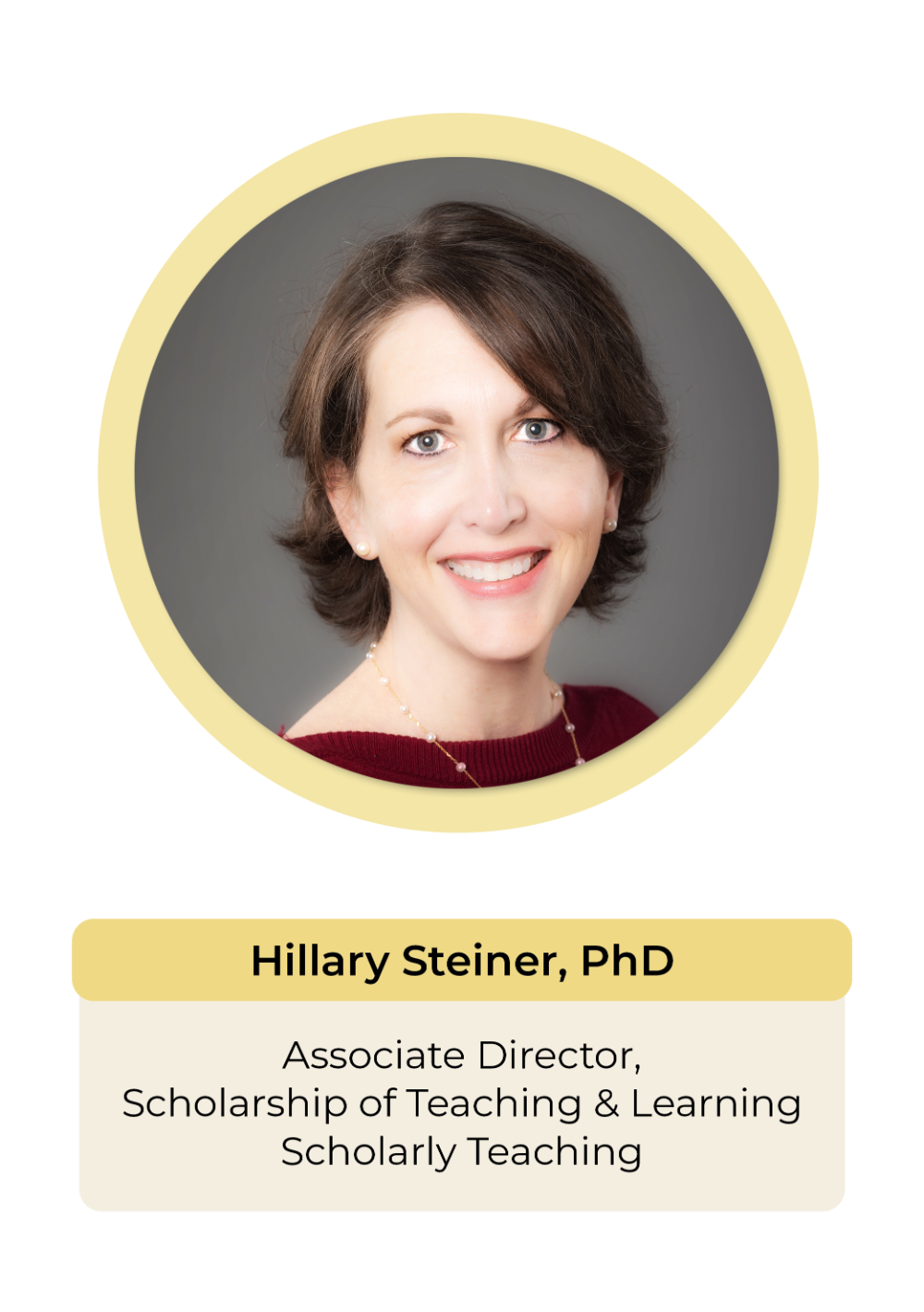Scholarship of Teaching and Learning (SoTL) Conference Presentation Funds Program
CETL will sponsor a limited amount of travel funding for faculty whose Scholarship of Teaching and Learning (SoTL) has been accepted for presentation at disciplinary or interdisciplinary conferences.
Highest priority is given to those projects that adhere to good practices for SoTL (Felten, 2013).
For these purposes, CETL defines SoTL as:
systematic and/or reflective inquiry into student learning and/or teaching in higher education which involves methodologically sound application of appropriate research methods, peer review, and distribution as scholarly work.
Application Deadlines
You may submit an application at any time, provided you have been accepted to the conference for which you are applying. Applicants will be notified of a decision within one week of the application deadline.
For Fiscal Year 2026, we will review applications for travel ending between June 1, 2025 - May 31, 2026 four times per year according to the following deadlines:
April 28, 2025
August 25, 2025
November 3, 2025
February 2, 2026
Amount
An applicant can apply for travel funds for up to $2,000.
Criteria
To be considered, applicants must provide proof of their acceptance to present at
the conference. Conference presentation funds are not retroactive.
Applications will be reviewed utilizing the evaluation rubric. Highest priority for funding is given to:
- Proposals that represent original SoTL projects as defined above. SoTL projects may use quantitative or qualitative approaches appropriate to the discipline but must adhere to IRB guidelines for research involving human participants when applicable;
- Proposals for conferences that are international or national in scope;
- Faculty who are serving as lead author on the proposal;
- Faculty who have not recently received SoTL Travel Funds.
Proposals from faculty who are not the lead author on the session, have recently received travel funds, or for those who are presenting teaching-related sessions that do not adhere to the definition of SoTL above will be considered but will receive lower priority for funding. Applicants should ensure that their applications demonstrate their work clearly for an interdisciplinary audience.
Eligibility
All KSU faculty members with active faculty status are eligible for funding. If funding is provided, it is the faculty member's responsibility to ensure they remain eligible both during the dates of travel and when submitting the Concur expense report.
Application Process
- Complete the InfoReady application by filling in all required fields and include any file attachments (e.g., your proof of acceptance to the conference).
- After you submit your application, it will automatically route to your immediate supervisor for approval.
- Application will be reviewed.
- Applicants will receive notifications if they are awarded or not awarded.
- Applicant will then submit Concur Travel Request, including the following approvals
from CETL
- Miacko Thompson
- Christina Ujj
- Michele DiPietro (shows up as Michele Di Pietro in Concur)
- Carmen Skaggs
You will receive an e-mail confirmation upon receipt. If you do not receive the confirmation e-mail, please contact CETL at cetl@kennesaw.edu. It is the applicant’s responsibility to ensure that the proposal was received by the deadline.
Reference
Felten, P. (2013). Principles of good practice in SoTL. Teaching and Learning Inquiry,1(1), 121–125. https://doi.org/10.20343/teachlearninqu.1.1.121












